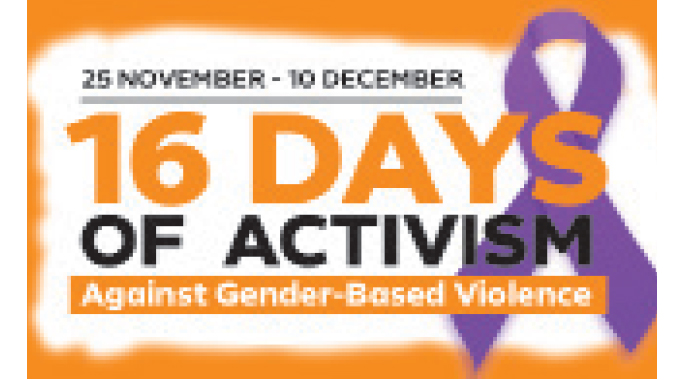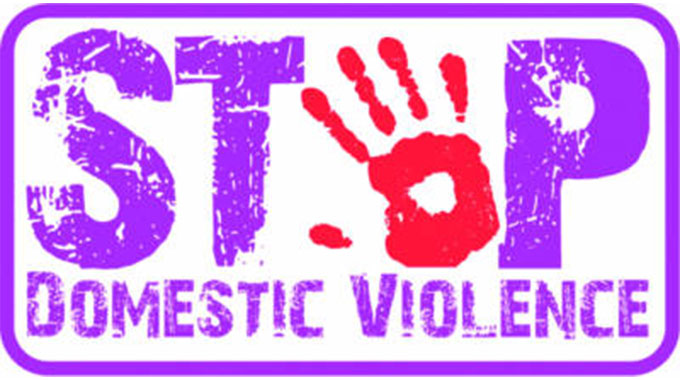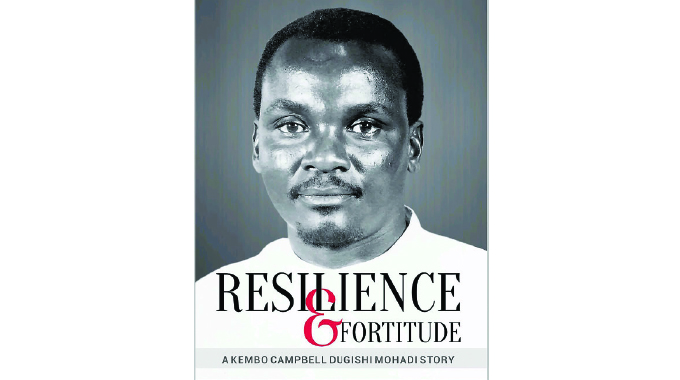Relatives account for 62pc of sexual violations

Sukulwenkosi Dube-Matutu, Matabeleland South Bureau Chief
RELATIVES were perpetrators in most cases of sexual violence that were recorded in Matabeleland South with 62 percent of them occurring within the home set up, a police report has revealed.
Sexual offences increased by 12 percent during the third quarter of this year as compared to the same period in 2021 while domestic violence cases increased by 30 percent.
Presenting a report during a provincial child protection committee meeting in Gwanda on Monday, Inspector Dorcas Ngwenya from the Matabeleland South Victim Friendly Unit (VFU) said that children below the age of 16 years continue to be the most targeted victims in sexual offences.
“Relatives of victims were perpetrators in 31 percent of cases. These relatives include fathers, uncles, brothers and cousins.
Neighbours accounted for 30 percent while strangers accounted for 17 percent and others whose relationship with survivors is not known accounted for 20 percent of the offences. 62 percent of the cases occurred at home, 23 percent occurred in the bushes, five percent occurred when children were coming from school while 10 percent of the cases were recorded in other places,” she said.
“The home set up was previously known as a place of safety for children but these statistics show that homes are no longer a place for comfort and safety. Sexual offences increased by 12 percent during the third quarter this year as compared to the same period in 2021 while domestic violence cases increased by 30 percent.”

16 Days of Activism Against Gender-Based Violence
She said a victim analysis of sexual offences showed that children aged five years and below accounted for eight percent of the cases. Those aged six to 17 years accounted for 68 percent. Adults aged 18 years and above accounted for 20 percent of the cases.
Insp Ngwenya said children below the age of 16 years continue to be the most targeted victims in sexual offences. She said in adult cases, women as old as 90 years have fallen victim to sexual abuse.
Insp Ngwenya said men aged between 18 to 25 years are the perpetrators of most sexual offences.
“Males aged between 13 and 17 years were perpetrators in six percent of the sexual offences. Those aged between 18 and 25 years contributed 25 percent while those aged between 26 to 30 years contributed 10 percent of the cases. Those aged 31 to 39 contributed 13 percent while those above 40 years old contributed 13 percent while the ages of other perpetrators are not known,” she said.

Sexual abuse
Insp Ngwenya said the VFU conducted 945 awareness campaigns during the third quarter of the year to try and curb sexual offences. She said during the 16 Days of Activism against Gender Based Violence police will intensify campaigns.
Speaking during the same meeting Matabeleland South provincial social welfare officer, Mr Criswell Nyakudya said the purpose of the meeting was to resuscitate the child protection committee. He said the committee was no longer vibrant due to financial challenges.
Mr Nyakudya said there is a need to strengthen and activate child protection committees from ward level up to provincial level. He said child protection issues have to be strengthened in all districts of the province.

Gender-based violence
“We are supposed to supervise districts to ensure that child protection issues are properly done. This is a multi-stakeholder platform where we talk about the national action plan for orphans and vulnerable children so that we can actively supervise these issues at grassroot level. We also have PVOs [private voluntary organisations] that help in implementing child protection programmes,” he said.
“We need to improve the quality of child protection in the province. We also need to engage in advocacy in different areas such as children’s education, health and shelter.
“We also need to provide psychosocial support to children. As a committee we also have to ensure that the vulnerable children are benefiting from socio economic interventions such as the BEAM transfer, cash transfers among other programmes.” — @DubeMatutu












Comments